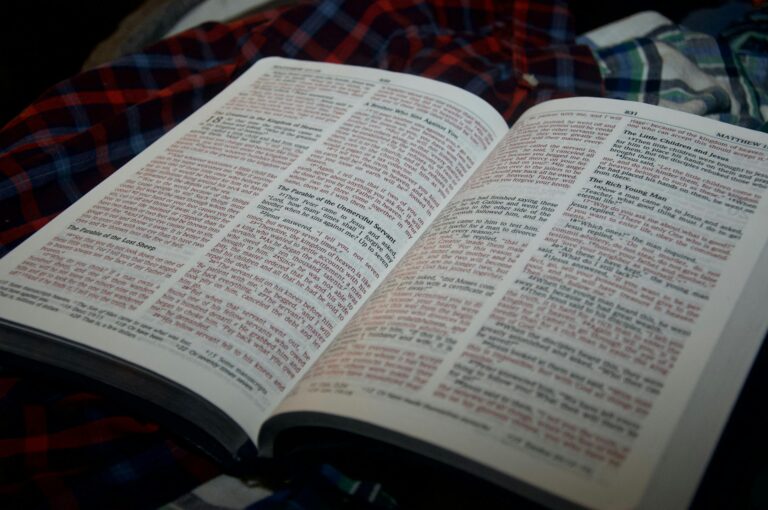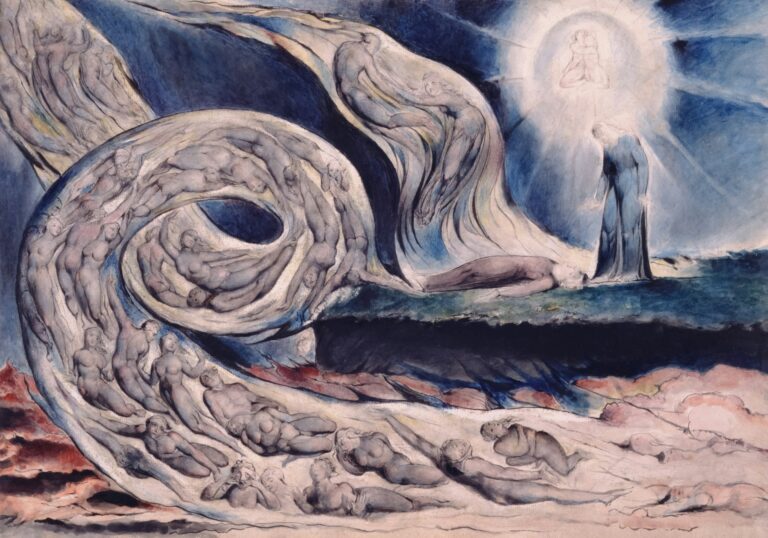As we approach election season, it’s natural for us to feel a sense of anxiety. The stakes are high, and the consequences seem monumental. The temptation is to get swept up in the fear and uncertainty that can dominate our thoughts. But as Christians, we are called to a different kind of response. We are reminded in Philippians 4:6, “Be careful for nothing; but in everything by prayer and supplication with thanksgiving let your requests be made known unto God.” This verse encourages us to bring our worries to God, trusting that He is in control.
Read Last Week’s Article: Overcoming Addiction
Worrying about elections can feel overwhelming. The constant news updates, the heated debates, the fear of what the future might hold—all of this can weigh heavily on our hearts. But God’s Word reminds us that our hope does not lie in political outcomes. Our confidence is in the Lord, who is sovereign over all things. Psalm 47:8 says, “God reigneth over the heathen: God sitteth upon the throne of his holiness.” This scripture reminds us that no matter who holds earthly power, God is still on His throne, ruling with perfect wisdom and justice.
It’s easy to get caught up in the idea that a particular leader or political party is the key to our nation’s success or failure. But when we focus too much on earthly powers, we risk losing sight of the true source of our security. Jeremiah 17:5 warns us, “Thus saith the Lord; Cursed be the man that trusteth in man, and maketh flesh his arm, and whose heart departeth from the Lord.” When we place our trust in human leaders, we are setting ourselves up for disappointment. Human beings are fallible, but God is infallible. He is the one who holds the world in His hands, and He is the one we should trust.
Yet, the tension between being responsible citizens and maintaining our spiritual focus is real. We know that our votes and our civic engagement matter. We understand that our involvement in the political process can have real consequences for our communities. But we must balance this with the understanding that our ultimate allegiance is to God, not to any political entity. Colossians 3:2 instructs us to “Set your affection on things above, not on things on the earth.” This doesn’t mean we neglect our responsibilities, but it does mean that our priorities should reflect our faith.
When Jesus was questioned about paying taxes to Caesar, He responded, “Render therefore unto Caesar the things which are Caesar’s; and unto God the things that are God’s” (Matthew 22:21). This statement is powerful in its simplicity. It acknowledges the legitimacy of earthly authorities while clearly establishing that God’s authority is supreme. We must navigate the political landscape with this understanding, giving to the world what is required but never allowing it to consume us or take the place of God in our hearts.
In times of political turmoil, it’s common to hear cries of “What will we do if so-and-so wins?” or “What will happen if this policy is enacted?” But Matthew 6:34 reminds us, “Take therefore no thought for the morrow: for the morrow shall take thought for the things of itself. Sufficient unto the day is the evil thereof.” This verse doesn’t encourage irresponsibility or ignorance, but it does remind us that worry about the future is unproductive. God provides for us daily, and He will continue to do so, no matter what happens in the political arena.
It’s also important for us to remember that God’s plans are not thwarted by human actions. Proverbs 19:21 tells us, “There are many devices in a man’s heart; nevertheless the counsel of the Lord, that shall stand.” Leaders may rise and fall, policies may change, but God’s will is always accomplished. This should give us great comfort. No matter the outcome of an election, God’s purposes will prevail. Our role is to trust in Him and to continue in obedience, knowing that He is in control.
At times, the weight of election worry may feel crushing, especially when we consider the moral and spiritual state of our nation. But even in this, we are not without hope. 2 Chronicles 7:14 gives us a clear directive: “If my people, which are called by my name, shall humble themselves, and pray, and seek my face, and turn from their wicked ways; then will I hear from heaven, and will forgive their sin, and will heal their land.” The future of our nation lies not in the hands of politicians but in the hearts of God’s people. Our prayers and repentance are more powerful than any political strategy.
This is not to say that elections don’t matter. They do. But as Christians, we must keep them in perspective. Our faith should shape our political views, not the other way around. When we find ourselves becoming anxious or fearful about the outcome of an election, we need to remember 1 Peter 5:7: “Casting all your care upon him; for he careth for you.” We are not meant to carry the burden of the world’s troubles alone. God invites us to cast our cares on Him, trusting that He will provide for us.
Election seasons are also a time to remember the power of unity in the body of Christ. Too often, political divisions can create rifts among believers. But Ephesians 4:3 urges us to “Endeavour to keep the unity of the Spirit in the bond of peace.” Our political differences should never overshadow our shared faith. We are called to love one another, to bear each other’s burdens, and to work together for the kingdom of God. The church’s witness is stronger when we are united in Christ, even when we have different views on political matters.
In the end, the most important election is not the one that happens every few years, but the one that has eternal significance. 2 Peter 1:10 urges us to “Give diligence to make your calling and election sure.” This is the election that truly matters—the one where God has chosen us to be His people. This calling should be our primary focus, driving our actions, our decisions, and our responses to the world around us.
So, as we navigate the complexities of election season, let us remember who we are and whose we are. Let us bring our worries to God, trust in His sovereignty, and keep our eyes fixed on the eternal kingdom. Our hope is not in earthly leaders, but in the King of Kings, who reigns forever.






